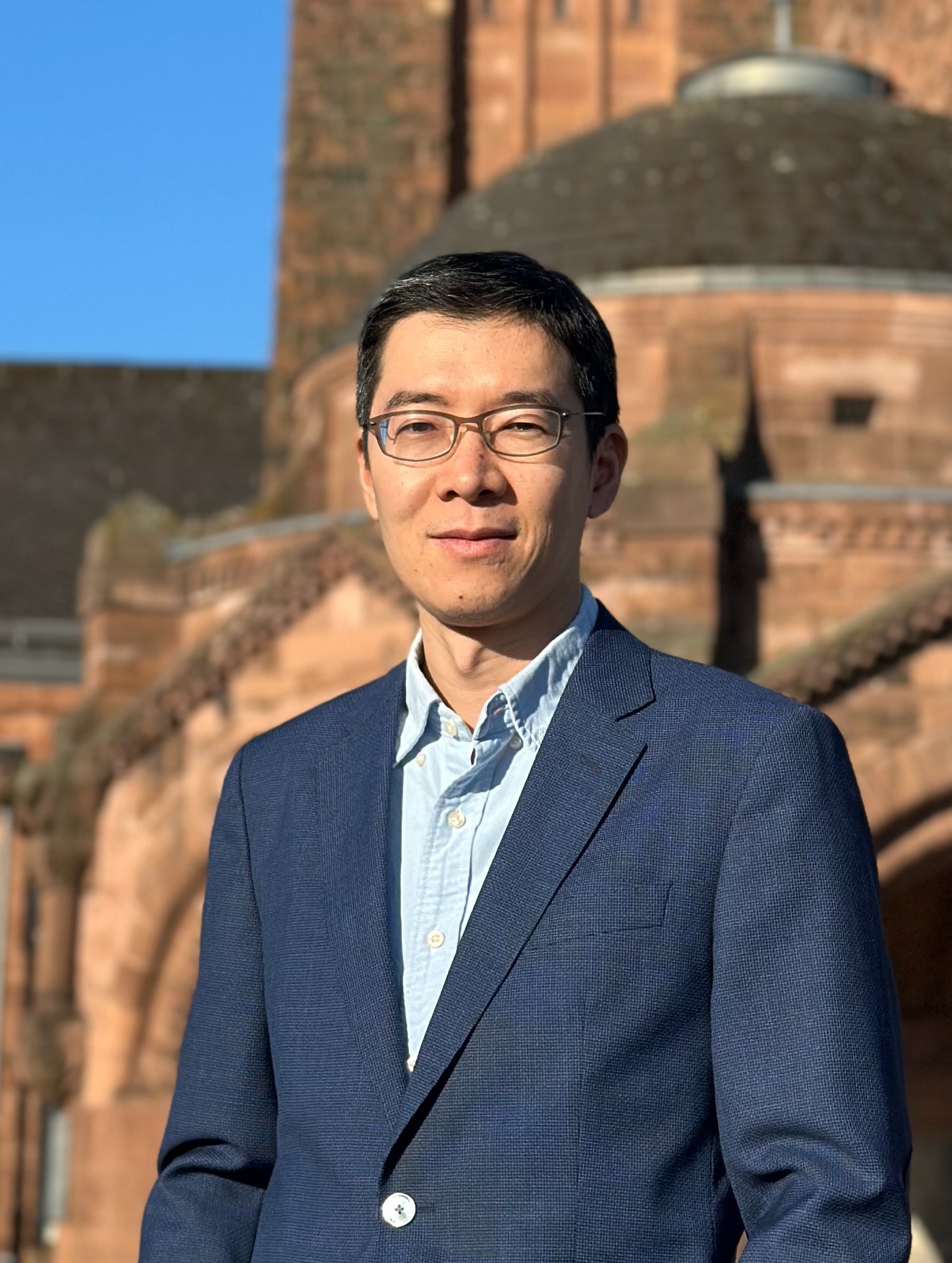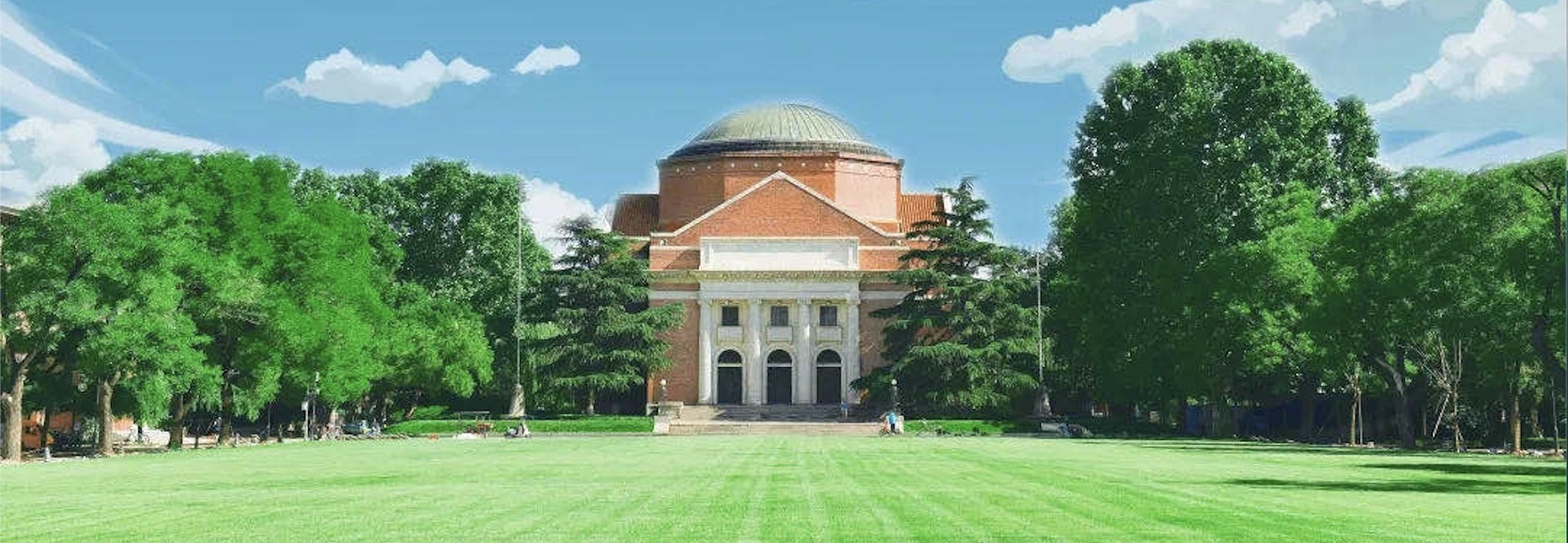Staying True to Journalism and Communication Education Amid Global Change

As we venture into the third decade of the 21st century, we find ourselves in the midst of profound changes in the global news and communication landscape. In this dynamic environment, the field of journalism and communication education faces a critical mission of rediscovering its historical purpose. At its core lies the cultivation of talent, a task that presents unprecedented challenges for contemporary educational institutions. We must carefully consider how to best nurture our students and the qualities they need to embody. It's a complex puzzle we're navigating as we move forward.
The evolution of the journalism and communication discipline, over time, is like a transformation in how we humans connect with the world, moving toward a more scientific perspective. Now, when it comes to teaching journalism and communication, the most critical aspect is storytelling. Since we formally started journalism and communication education back in the early 20th century 1900s, the art of storytelling has been the cornerstone of our teaching. We're all about developing narrative skills and ethical storytelling, adapting to the ever-changing rules of the information age. It's a bit of an odyssey we've been on.
In this age of rapid technological advancement, the realm of journalism and communication education is growing at an unprecedented rate. We're not just talking about technology here; it's become an integral part of how we perceive the world. This shift has transformed our discipline into something dynamic and ever-changing, like a constantly shifting puzzle. We're on a journey of adaptation and growth, continuously expanding our horizons and discovering new opportunities within the field.
In simpler terms, the essence of news reporting is storytelling. The primary goal is to craft compelling narratives across various media platforms while adapting to different principles of information distribution. A news communication expert possesses the ability to deliver high-quality narratives in any information landscape. These narratives predominantly revolve around real-life events, are time-sensitive, and employ diverse storytelling techniques. Their ultimate purpose is to enable individuals to gain a genuine, precise, and holistic understanding of the world around them.
In China's 5,000-year journey, our connections with the world have always been intricately woven. Now, as we navigate the 21st century, news communication plays a pivotal role in connecting China with the global stage. But it's not just about function; it holds deep symbolic meaning too. Think of journalism as a mirror – not only does it reflect the world around us, but it also reveals how we see it. On one hand, we're on a mission to share the Chinese story and make the Chinese voice heard, creating a more positive global view of our nation. Simultaneously, these communication efforts help our people understand the diverse world out there and find our own path to national revitalization.
Since 2002, Tsinghua University's School of Journalism and Communication has been on a mission to go global, get hands-on, and dive deep into research. Our philosophy is all about quality, practicality, and staying relevant in today's world. We're all about creating top-notch professionals. It's not just about the classroom; it's about real-world experience and global know-how. We focus on journalism theory, international communication, intelligent communication, visual communication, and media business management. But we're not stopping there; we're also exploring cutting-edge topics like economic communication, health communication, climate change, and the role of media in society. We're on a mission to stay at the forefront of journalism and communication education.
The journey of journalism and communication as a discipline is a reflection of how our world has evolved. It's been adapting and changing, much like the path of global modernization. We've seen the impact of industrial civilization and the ongoing information revolution, which have influenced the entire world, including China. As we navigate China's journey of reform, globalization, and our shared future as humans, journalism and communication education must carry a significant sense of purpose and responsibility. It's about staying resilient and determined. This discipline has to rediscover the importance of Chinese civilization, local experiences, real-world cases, and practical approaches. Through this, we'll redefine our identity in the world of journalism and communication. We're eager to explore new horizons with our colleagues from around the globe.
Prof. ZHOU Qing'an
Dean of the School of Journalism and Communication

